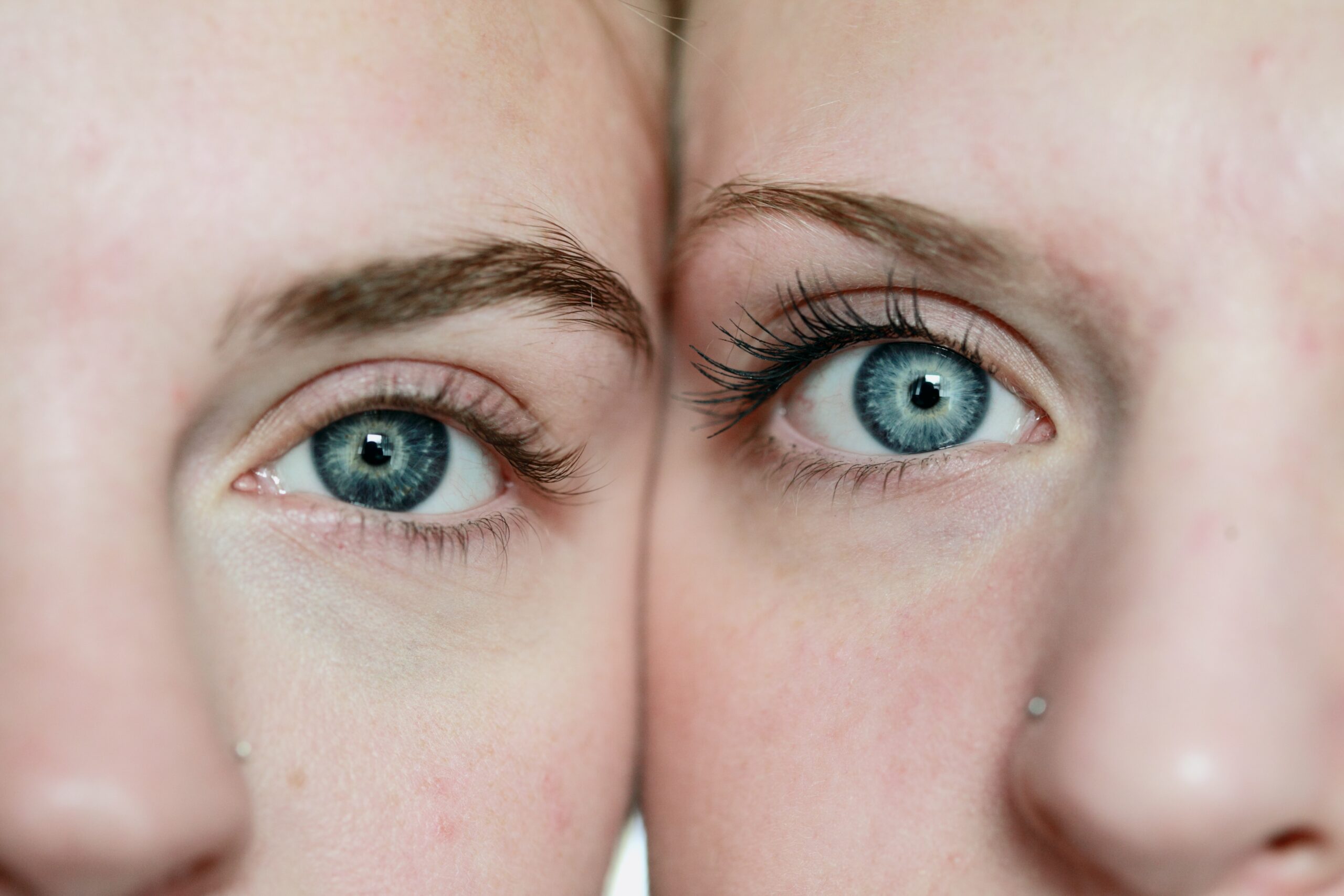Name, image, and likeness (“NIL”) rights are often combined into the general term “rights of publicity.” NIL rights protect the inherent and unique name, characteristics, form, and shape of an individual person. Individuals have a right to control the use of their name, likeness, and image from being used without their permission. For individuals with even a small amount of celebrity, NIL rights are valuable. With very famous individuals — Hollywood and sports stars — NIL rights can be worth millions.
NIL rights have been very much in the news over the last couple of years as the Associations that control college sports have given college athletes control over their own NIL rights. In the past, the name and likeness of a college quarterback, for example, were allowed to be used for video games, with the fees and royalties for that use going to the college, university, or governing association. Some of those rights are still granted for purposes of television and broadcasting rights. But now, college athletes can collect revenue for their own purposes and under their own control and direction. If you need legal help with your Michigan NIL rights, pick up the phone and contact us here at Revision Legal.
To understand NIL rights, it is useful to consider other types of intellectual property like trademarks and copyrights. A trademark will protect logos, words, phrases, designs, and the like from being used by others without permission. Owners of trademarks can refuse to allow others to use the trademark and can bring lawsuits to enforce that refusal and collect substantial monetary damages for infringement. For famous trademarks, lawsuits can be brought to recover money damages for conduct that damages or tarnishes a trademark.
The same is true for copyright protections. The creator of an original work of authorship/artistry has the right to control the use of the work. Again, lawsuits can be brought — and money damages recovered — for unauthorized use of the original work.
NIL rights are similar. NIL rights protect the uniqueness of an individual rather than a created trademark or an original work of authorship. The same type of legal remedies are available. The individual can bring a lawsuit to prevent unauthorized use of their name, likeness, or image and can obtain substantial monetary damages for infringement/violation of those rights.
Further, just like trademarks and copyrights, NIL rights can be licensed. This is what makes NIL valuable. A company might make sports clothing and equipment, and a star athlete might be asked to endorse said products. That endorsement can be worth millions. A license is a written agreement allowing another person or business to use the name, image, and likeness of a person. The individual granting the license — the grantor — is paid royalty fees (as agreed to in the license agreement) by the person/business receiving permission — the grantee. Like other forms of intellectual property, NIL rights can be passed along to heirs in the event of death. This is particularly true where NIL rights were used as a source of revenue.
NIL rights generally encompass the following:
- Image and form of a person — including “time-lapse” images and forms
- His or her voice
- Signature — in some States, like California
- Name
- Other unique characteristics like manner of movement — such as dancing
Contact the Name, Image, and Likeness Rights Attorneys at Revision Legal
For more information, contact the experienced NIL Rights Lawyers at Revision Legal. You can contact us through the form on this page or call (855) 473-8474.




